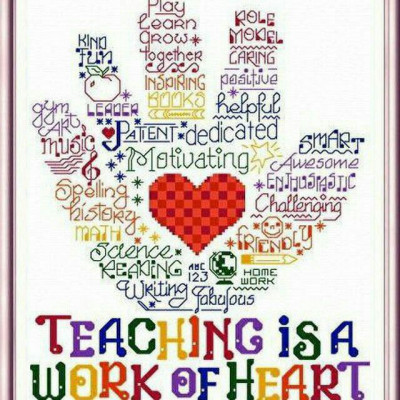Sessions / Graduate Student Showcase (Asynchronous)
Relative Clauses in Written Hong Kong English: A Corpus Based Study #3598
This study verifies predictions of hypotheses about second language learners’ development of English relative clauses (RCs) with data of written Hong Kong English (HKE) and identifies quantitative and qualitative differences in attributes of RCs between HKE and British English (BrE). Data were collected from the Hong Kong and Great Britain components of the International Corpus of English. wh relatives and that relatives were identified and coded. Frequencies of occurrence of distinct types of RCs in the Hong Kong component were compared to evaluate whether predictions of the three hypotheses are supported. RCs in the two components of the corpus were compared quantitatively and qualitatively. Hypotheses about second language learners’ development of English relative clauses and comparisons between relative clauses in the two varieties can inform English language education in foreign language classrooms to embrace variational diversity of the English language.
Modern Approaches in Teaching English in Primary Schools #3649
Competent teaching is impossible without a solid foundation, and so methodology has evolved and developed throughout the history of English language teaching and education. This paper reveals the issues of innovative and modern approaches towards teaching English to young learners that exist currently. They include constructivist, script-(story line-method), simulation, task and project based-approaches, among others. The study explores the basic concept of innovation in the process of language teaching, so it is necessary to start with the fact that teaching English in schools is significantly developing under the influence of contemporary trends and approaches. The key purpose of the study is to highlight the importance of using modern approaches in the language classroom. It is conducted on the basis of literature review. To sum it up, using modern approaches is one of the key concepts of ELT innovation, which gives the best results to motivate and engage young learners in learning a language.
Influences of Socio-cultural Factors on the Writing Mindset and Grit of Senior High School Students in Writing Academic Papers #3453
This causal, quantitative-descriptive study aimed to analyze the potential influences of socio-cultural factors on the writing mindset and grit of the Senior High School students in writing academic papers and to determine which demographic variables (gender, ethnicity, academic track) predict them. Using the writing mindset scale (Sieben, 2015) and the short grit scale or Grit-S (Duckworth & Quinn, 2009), it was found that the participants’ writing growth mindsets are consistently more superior to their writing fixed mindsets, and their overall grit scores are stable at a somewhat gritty level across all stages of the academic writing process. The responses in the reflection prompts were also analyzed for recurring ideas and some were cited to support or validate the findings of the quantitative data. The results showed that only the participants' ethnicity, not their gender or academic track, was found to be significant in predicting their writing growth mindset, whereas only ethnicity and academic track, but not gender, were significant in predicting their writing fixed mindset when writing academic papers. Lastly, no socio-cultural factor was found to be significant in predicting the participants’ overall grit in writing academic papers. The knowledge that arises out of this investigation asserts that success in the academic writing process is based not only on a person's cognitive abilities, but also on their perceptions of themselves and their writing abilities. Discovering the unknown characteristics of writing mindset and grit could lead to a greater understanding of the nature of self-beliefs and how they interact with learners' individual thinking processes at different stages of the writing process.
Project TRANSLATE: A Pedagogical Translation Approach in Improving English Language and Literacy Skills to Emergent Bilinguals #3541
This presentation will delve into how EFL teachers can leverage the home languages of their emergent bilingual students to develop English language and literacy skills through collaborative translation. This presentation will include developed materials, anecdotes, and professional learnings from the experience of bringing this pedagogy to life, along with highlighted student work that was produced. Affordances and constraints of collaborative translation for different contexts and settings will be discussed. As part of this discussion, common questions will be addressed, such as how to use TRANSLATE when an EFL teacher does not share the same home language as their students. It is our hope that conference participants come away from this demonstration with tangible strategies for leveraging bi/multilingual students’ home languages in all content areas including EFL instruction. Similarly, we hope this presentation encourages conference participants to generate additional pedagogical strategies that leverage students’ complete linguistic and cultural repertoires.



